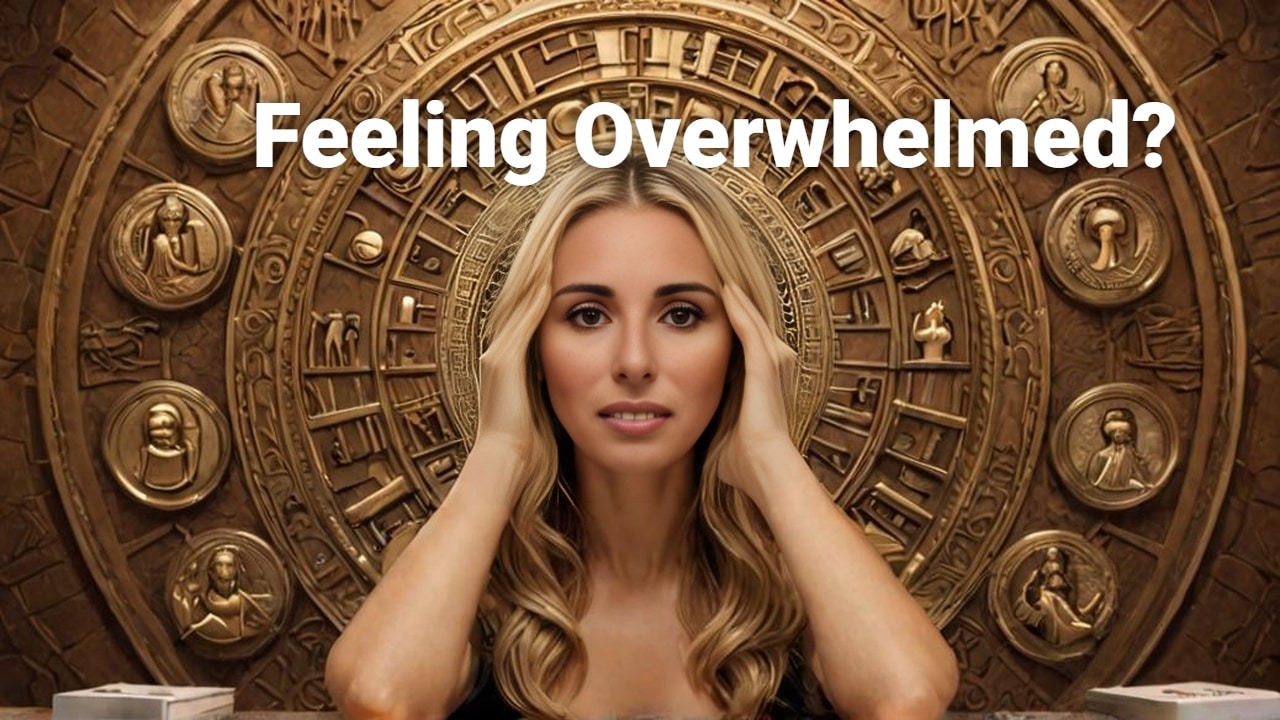
Rise of Blockchain to Ensure Personal Hygiene and Overall Well Being
Have you ever thought about how the blockchain could be used to improve your hygiene? If not, this article will show you what it can be done and what are the benefits of using blockchain for this purpose.
Blockchain has been around for many years now and we have all heard about it. Not many of us understand what it is or how it works. The term “blockchain” refers to a digital database that has records linked together in a chain (hence its name).
Blockchain technology was first conceptualized in 1991 by Stuart Haber and W. Scott Stornetta as they came up with an idea called hashcash. They wanted an incentive system that could work without relying on any central authority or third-party services like banks etc., just like cryptocurrency markets do today with their decentralized network. That makes sure no one can alter any information stored on their servers without permission from all other users who own copies of the same data storing device connected under their respective networks.
Table of Contents
Blockchain Technology
Blockchain technology is a distributed database that can store data securely and privately, with no one person having control over what’s stored in it. Thus, blockchain has the potential to disrupt many industries by decentralizing power and giving people back control over their personal information and activities.
Blockchain technology can be used to ensure safety in food supply chains by ensuring that products are genuine and haven’t been tampered with or contaminated during the supply chain process. Blockchain also offers advantages for healthcare providers. Patient privacy is protected because health records are visible only to authorized individuals.
It is because medical devices have access to a shared database of patient histories, that they can perform comprehensive diagnoses faster than ever before. That too without waiting for patients’ input or taking extra steps like running tests on samples from previous appointments (which may or may not still be accurate).
Global Hygiene Monitoring
Hygiene monitoring is a global challenge, with the problem being particularly acute in developing countries. The hygiene of water, food, and sanitation is a perennial problem worldwide and it can have devastating effects on health.
In developed countries like the United States. However, hygiene has become an equally pressing concern as we learn more about how our daily lives affect our overall well-being. For example, studies have shown that excessive cleaning may increase your risk of infection!
The healthcare industry has also realized the need for better hygiene monitoring as it seeks better ways to protect patients from hospital-acquired infections (HAIs).
Blockchain and Personal Hygiene
Blockchain is a distributed ledger technology. This means that it stores data across multiple nodes and makes sure that the same data is not stored on multiple nodes. Blockchain also uses cryptography to keep the data private and secure.
The decentralization aspect of blockchain makes it impossible for anyone to change or alter any information stored on the blockchain without having access to all parts of the system. This makes blockchain incredibly transparent as well as immutable in nature, ensuring that no one can tamper with your hygiene records. This is until they have access to all parts of the system which are extremely unlikely due to its decentralized nature.
Safety
Blockchain technology is the most effective way to ensure personal hygiene and wellbeing. It offers a secure and transparent way to store and share data. Blockchain is a safe way to store your health data on the web, making it easier for you to access them whenever you want.
You can even share your records with others who need them, such as doctors or insurance providers. This makes it possible for people around the world to get involved in research projects. That requires large amounts of data, with all participants being rewarded financially.
Blockchain and Public Health
Blockchain can be used to improve public health by improving public health data collection and access.
Blockchain technology can ensure privacy, security, and authenticity when it comes to medical information. The blockchain can record the time and location of any transaction that occurs in a network. This means that if you have information about a patient’s health history on the blockchain, then anyone who receives this data from you will know exactly where it came from. It is because when it was recorded (which may be important if there are adverse effects).
Blockchain can also help with sharing large amounts of data among different institutions/people/organizations. They can use this information for research purposes or other purposes related to public health.
Ensure Personal Hygiene and Wellbeing
Blockchain technology is the most effective way to ensure personal hygiene and wellbeing.
Data storage on the blockchain is transparent, secure, and immutable. This means that data cannot be modified or tampered with in any way, so you know that the information about your health is accurate. The decentralized nature of this technology also means that there are no intermediaries involved in collecting and sharing these data. No one else can have access to it except for you!
Not only does blockchain help preserve privacy but it doesn’t require a third party like Google or Facebook to store your information. It also allows for better security by preventing access to your private medical records through encryption keys. That provides authentication when accessing specific parts of the network only available once authenticated using either biometrics (fingerprint scan) or passwords (private key).
Conclusion
Blockchain technology is the most effective way to ensure personal hygiene and wellbeing. The technology uses a decentralized ledger that enables the secure transfer of data and information. Blockchain has the potential to revolutionize the healthcare industry by enabling patients to own their health records. It empowers them to control who accesses those records and ensures that only authorized individuals can view or modify those records.
Blockchain also offers other benefits in addition to greater transparency. It can reduce costs associated with storing medical data, increase efficiency by eliminating intermediaries in transactions between patients and providers (including insurance companies), and decrease fraud through better accountability and traceability of transactions on its platform.
It improves patient outcomes by providing timely access to relevant information about treatment options (including clinical trials) and increases interoperability between hospitals. While also reducing redundancies within institutions themselves due to more streamlined processes across verticals like supply chain management. As well as increase compliance with federal regulations such as HIPAA (Health Insurance Portability Accountability Act).






